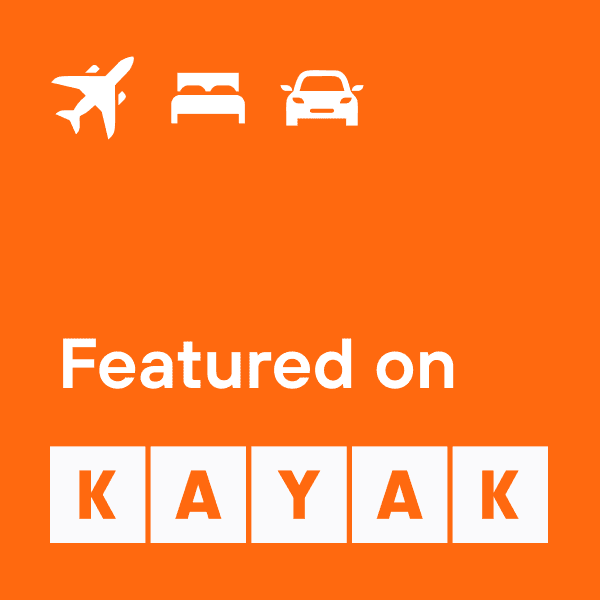-
How do I get my pilot’s license?
You can start by going for a Discovery Flight on our aircraft. At the end of the flight, you can ask our Flight Instructor for more information on how to get started.
-
What licence should I get to begin with?
We offer 2 options for anyone wanting to get a pilot’s license. You can get:
1. A Recreational Pilot Permit
2. A Private Pilot License
-
What is the difference between a Recreational Pilot Permit and a Private Pilot Licence?
The Recreational Pilot Permit is a shorter course with lesser requirements but comes with a few restrictions but costs a lot less to complete. The Private Pilot Licence costs more but comes with almost none of the restrictions of the Rec Permit.
-
When can I start my flight training?
All flight training is done one-on-one and at the convenience of the student looking to obtain their training. What this means is that you can start to get your pilot’s license today! No more waiting to achieve your dream of learning to fly!
-
What is a Recreational Pilot Permit?
A Recreational Pilot Permit (RPP) is a type of pilot’s license which allows you to fly fixed wing aircraft with a maximum of 4 seats, during daytime hours, within Canada and with a maximum of one passenger. You are also allowed to fly aircraft classified as an Ultralight without any additional training.
-
What is the training required for a Recreational Pilot Permit?
Training towards the Recreational Pilot Permit is a minimum of 25 hours of flight training is required followed by the successful completion of a flight test with a Pilot Examiner. While there is no requirement for any classroom training (also called Ground School) towards a Recreational Pilot Permit and self-study is legally accepted, we strongly recommend all students to attend our Private Pilot ground school to obtain a good understanding of the subject matter.
-
Are there any restrictions that come with a Recreational Pilot Permit?
A Recreational Pilot Permit (RPP) holder can operate aircraft that have up to 4 seats. You are allowed to bring a maximum of 1 passenger on board the aircraft with you. You are restricted to flying within Canada and during daylight hours.
-
What else can I do with a Recreational Pilot Permit?
In addition to being able to fly up to 4-seater aircraft with a maximum of 1 passenger, you may add a seaplane (floatplane) rating to your Recreational Pilot Permit.
Holders of the Recreational Permit automatically get the licensing privileges to be able to fly an Ultralight aircraft with 1 passenger.
-
What is a Private Pilot License?
A Private Pilot License (PPL) is a type of pilot’s license which allows you to fly fixed wing aircraft with none of the restrictions typically associated with a Recreational Pilot Permit (RPP). This means that you can carry as many passengers as there are seats in the aircraft.
-
What else can I do with a Private Pilot Licence?
With a Private Pilot License, you are able to obtain, in addition to a seaplane (floatplane) rating, a Night rating, a VFR-Over the Top rating, a Multi-Engine rating and an Instrument Pilot (IFR) rating. The PPL is also a pre-requisite for anyone that would like to pursue a Commercial Pilot License and fly for hire or reward.
-
Can I get a Recreational Permit now and then upgrade later?
Absolutely! A Private Pilot License can be used as an upgrade for someone who already holds a Recreational Pilot Permit so as to remove any restrictions that the RPP.
-
Do I need to get a Recreational Permit before I can get a Private Pilot Licence?
You do not need to hold or obtain a RPP to train towards the PPL as the RPP is not a pre-requisite for the PPL.
-
What is ground school?
Ground school is a course that covers the knowledge that is required for anyone that is looking to get a pilot license. This is a classroom course that is taught with a focus on theory and aimed at the written exams required to be completed as part of the training. It is mandatory for students who are looking to obtain either a Private Pilot License (PPL). It is optional for someone looking to get a Recreational Pilot Permit (RPP) and they may obtain the required knowledge. However, we do strongly recommend that anyone going for their RPP, undergo the PPL ground school to help understand some of the more complex topics.
-
Is ground school mandatory?
Ground School is a mandatory course for students who are looking to obtain a Private Pilot License (PPL). For someone looking to get a Recreational Pilot Permit (RPP), it is optional and they may obtain the required knowledge through self study.
We do strongly recommend that anyone going for their Rec Permit to take our Private Pilot ground school to help understand some of the more complex topics.
-
Do I need to wait to complete my ground school before I start my flight training?
No. Flight training is conducted one-on-one while ground school is taught in a classroom setting. Ideally, flight and ground training should be done at the same time since a lot of the knowledge from flying transfers to ground training and the other way around as well. But that is not always possible. So we recommend that you do what suits your schedule and lifestyle the best!
-
When can I start my ground school / flight training?
Flight training can be started almost any day based on your convenience and availability while ground school is run on specific days. Please reach out to us and we can let you know when the next round of ground school is happening.
-
When is the next ground school?
We usually run the ground school during the fall, winter and spring months of the year. Classes are usually held on weekday evenings from 7 PM to 9 PM. Please contact us for more information and to sign up.
-
Can I start ground school part way?
The ground school consists of 4 different and separate modules. Therefore, if you do wish to do so, you can start part way into a round of ground school, at the start of a new module, and catch up with the modules that you missed out on during a later round of ground school. Please reach out to us and we can give you an idea if this is a feasible option for you and when the next module or session of ground school will begin.
-
Am I too young/old to learn to fly?
While there are certain age requirements to meet in order to obtain your license, there is no requirement with taking flight lessons. We do ensure that you are able to reach the pedals in order to be able to operate it safely during your training.
Transport Canada requirements are 14 years of age to get a Student Pilot Permit, 16 years of age to get your Recreational Pilot Permit and 17 years of age to get your Private Pilot License. There is no upper limit to learn to fly or get your pilot license/permit. However, none of this precludes you from taking flight lessons. We have experience training pilots of all ages to fly and have come to realize that all you need is the eagerness and enthusiasm of a child to learn to fly!
-
Are there any weight or height restrictions in the airplanes?
There aren’t any specific restrictions on the airplanes themselves other than being able to safely operate the controls of the aircraft.
-
Do I need to buy my own airplane after I obtain my license?
We rent our aircraft at nominal rates that include the cost of fuel and the use of rental headsets. You also get to have the peace of mind of having the airplane taken care of to a much higher, commercial standard and not have to worry about parking fees, maintenance costs, etc., when you rent from us. However, if you do intend to buy your own airplane, we can definitely guide you in the purchase of your aircraft.
-
Can you train me on my own airplane?
Absolutely! We have previously trained and currently train a few pilots who already have their own airplanes and will continue to do so. We do require that you have us named on your insurance policy so that we are covered while operating on your aircraft. Contact us for more details on how to go about starting to train on your own airplane.
Need to chat?
Feel free to reach out to us via email or telephone
© 2026
All Rights Reserved | Vayu Aviation Ltd.

